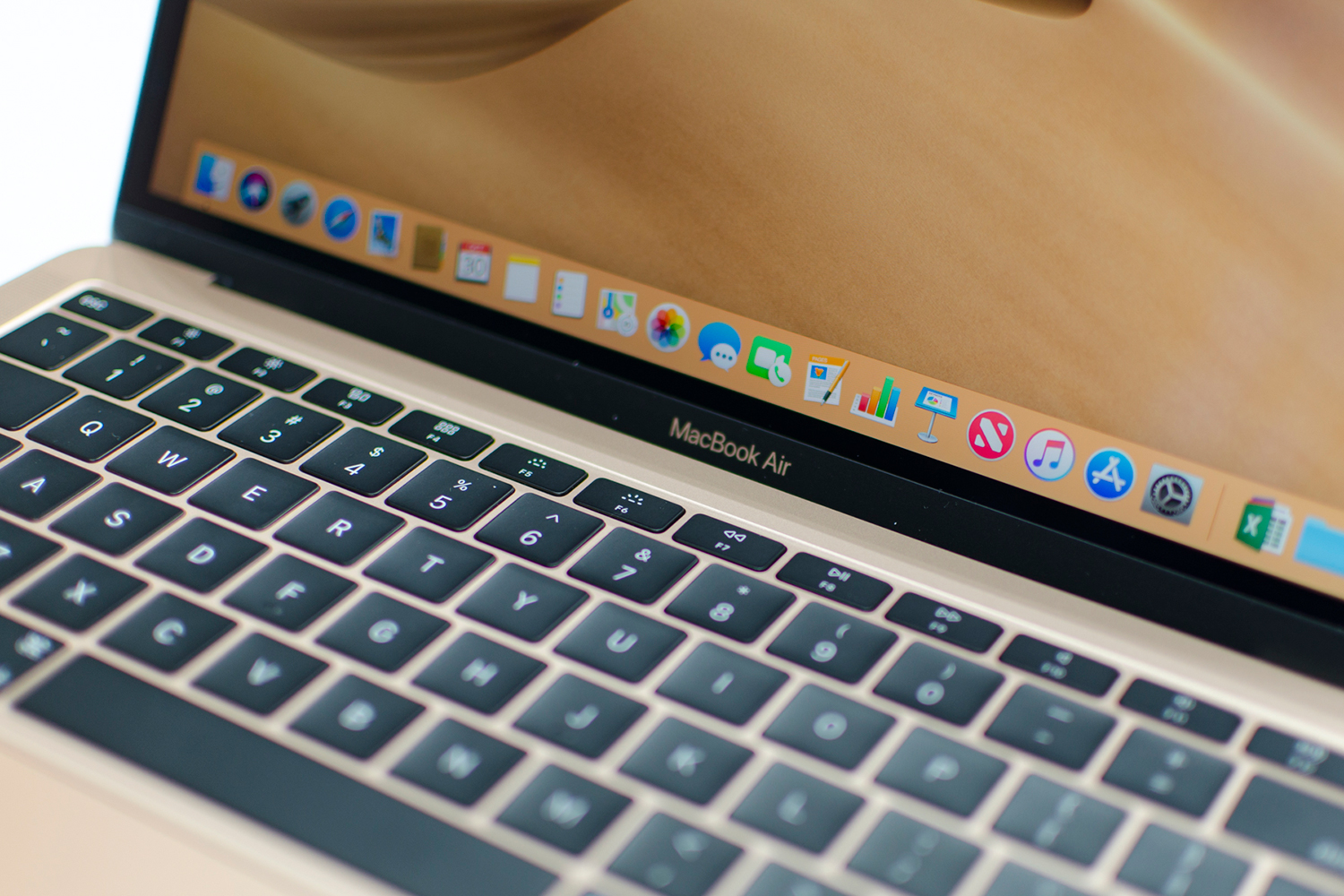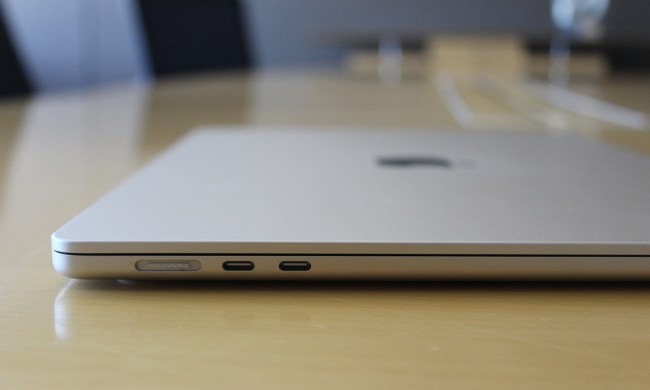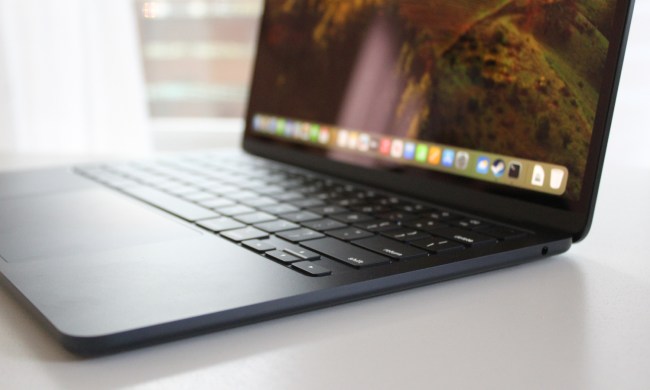
The 2018 MacBook Air was revealed by Apple on Tuesday, October 30, but early Geekbench benchmarks for the new laptop have already been spotted online. Performance testing results show the processor onboard the MacBook Air is just slightly faster than the one in the MacBook, but that it also packs considerably more power than last generation of devices.
Geekbench testing found by MacRumors on the new MacBook Air netted it roughly an 18-percent single core jump and a 16-percent multi-core jump compared to the 12-inch MacBook. Specifically, the Intel eighth-generation Amber Lake 1.6GHz dual-core Core i5 8210 Y-series processor gained the MacBook Air a single-core score of 4,248 and a multi-core score of 7,828. Higher scores are always better, but considering that the base 2017 12-inch MacBook with a 1.2 GHz Intel Core M-Series processor brings home a single-core score of 3,527 and a multi-core score of 6,654, the difference is very subtle.
Still, the Geekbench results account for a big difference from the previous generation MacBook Air. Running very outdated fifth-generation 1.8GHz Intel Broadwell processors, the older laptop comes home with a single-core score of 3,335 and a multi-core score of 6,119. Roughly, that accounts for a 24-percent performance difference against the newer Intel eighth-generation Amber Lake processor on the new MacBook Air.
The chipset on board the 2018 MacBook Air was previously unknown at the time of Apple’s reveal, but recent listings on Intel’s website have led it to be part of the 5W Amber Lake Y-Series processors announced in August. That is a significant change from previous generations of the MacBook Air, which come with 15W U-series chips. The difference in chips accounts for more battery power, but also a cut in performance. Since Apple claims the new MacBook can net 12 hours of battery life wireless web browsing and 13 hours of iTunes movie playback, that is especially important.
Geekbench scores don’t always indicate real-world performance and more testing time is obviously needed to measure the MacBook Air. Instead, it will be interesting to see how it handles more demanding web browsing, video encoding, and gaming tests which are more indicative of common usage. The new MacBook Air is set for release on November 7.


